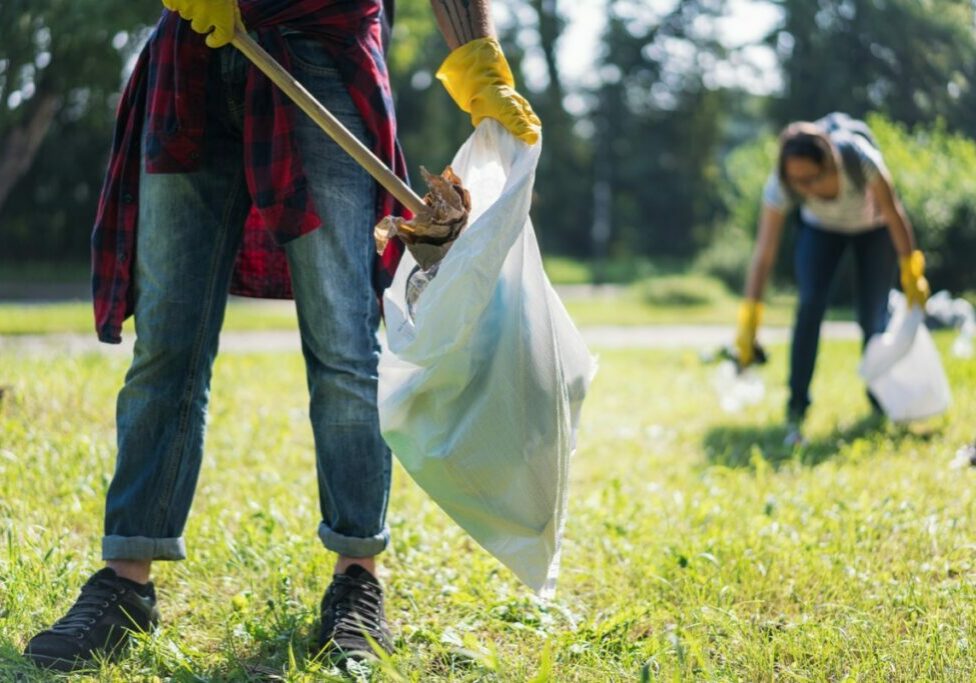Buying and selling second-hand books isn’t a new idea, so it’s always been easy to keep hardbacks and paperbacks in circulation, extending their lifespan and keeping unwanted volumes out of landfill.
There are several ways you can give your books a new life if you no longer want them. And there are even crafty options if your books are too battered or out of date to pass on.
Unfortunately, despite being largely made of paper, books are hard to recycle. If, as a last resort, you need to throw a book away, you can remove the pages and recycle those with your household paper (make sure there’s no binding glue on them), but the covers and spines will need to go in the bin.
Check out our ideas for old books first, though, to see what you can do with them.

A new chapter
Consider donating books to a charity – many have dedicated bookshops, and can raise money for causes you support. Organisations that support literacy are also looking for books – look at Children’s Book Project, Give a Book and Borderline Books for what they accept. Some libraries take donations too; check your local council’s website first. ‘Classic’ children’s books could be perfect for memory sessions at a care home – people with dementia may recognise titles they had or bought for their own children.
Turn a profit
You can always sell books rather than donate them. They’re a car-boot sale staple so see if there’s one near you. Display the price to encourage a sale but be prepared to haggle. Many online companies will pay for your books – type in the barcode to see how much. It’s often not much but a boxful will add up and some titles are surprisingly in demand. If you give your books to Better World Books UK, they’ll sell them and pass the profits to literacy charities.
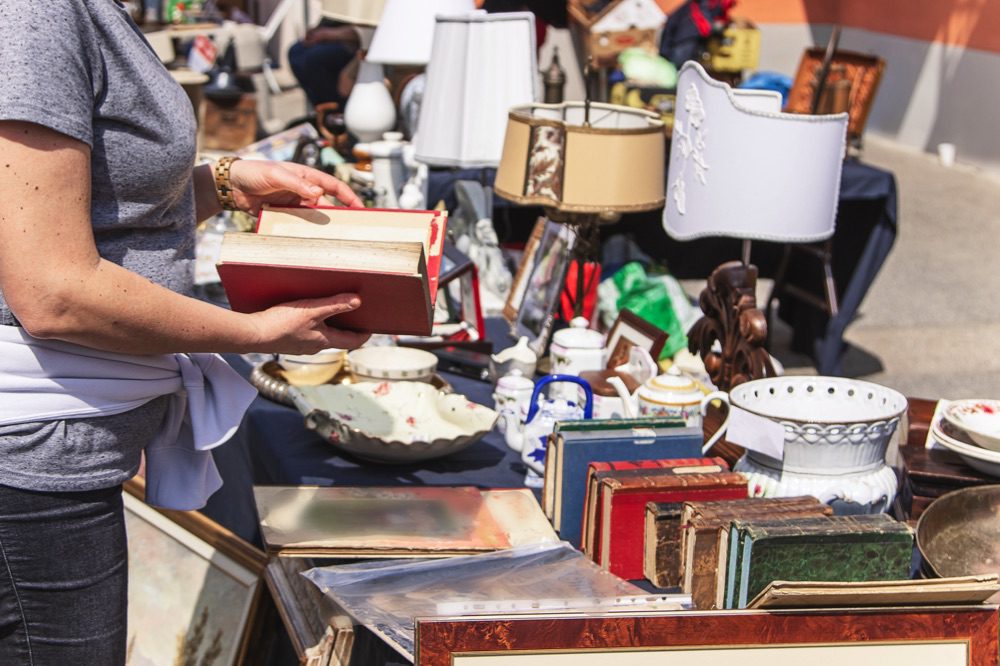
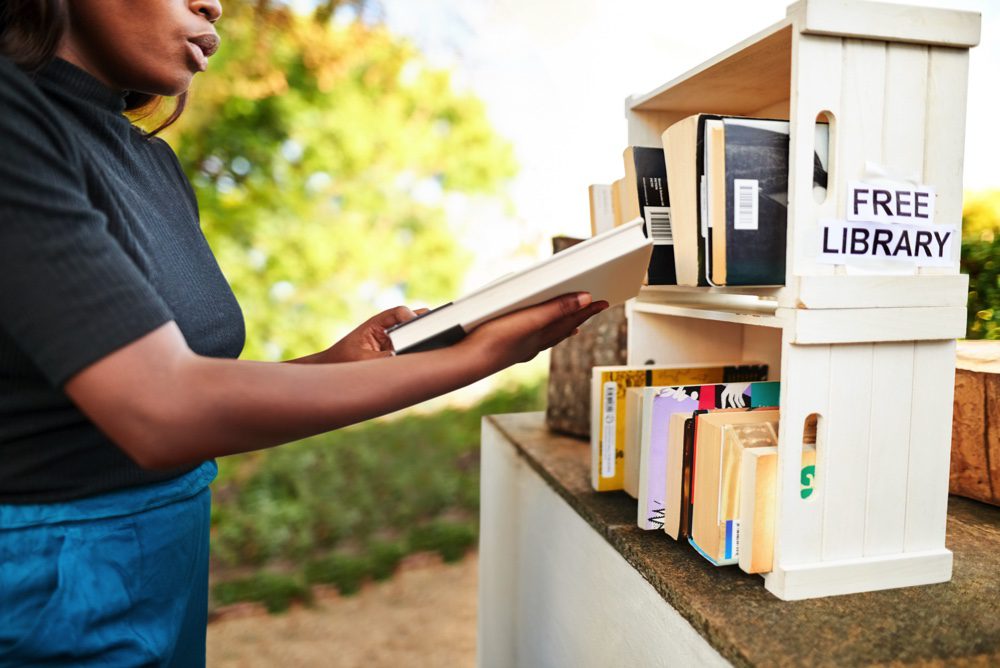
Release them into the wild!
Leave a (waterproof) box of books with a ‘For free’ sign outside your home, at work or in a community space (ask permission first). Or you could set up a ‘free library’ where people can add and take books when they choose. An alternative is using BookCrossing to add a unique identity label to your book before you leave it in a public place. It can be tracked as it’s passed from reader to reader, allowing you all to connect with each other. Don’t just leave unlabelled books in public places – that’s littering!
Practical paper
If you’re nifty with scissors (and don’t mind cutting up a book) then using them for gift wrap is a creative and thrifty option. Fellow readers will love wordy wrapping, and you can create arty tags and cards decorated with a collage of cover images or snipped-up words. Wrapping from a battered textbook and out-of-date atlas would be perfect for an old uni mate and geography buff, while a foodie friend might enjoy vintage recipes.

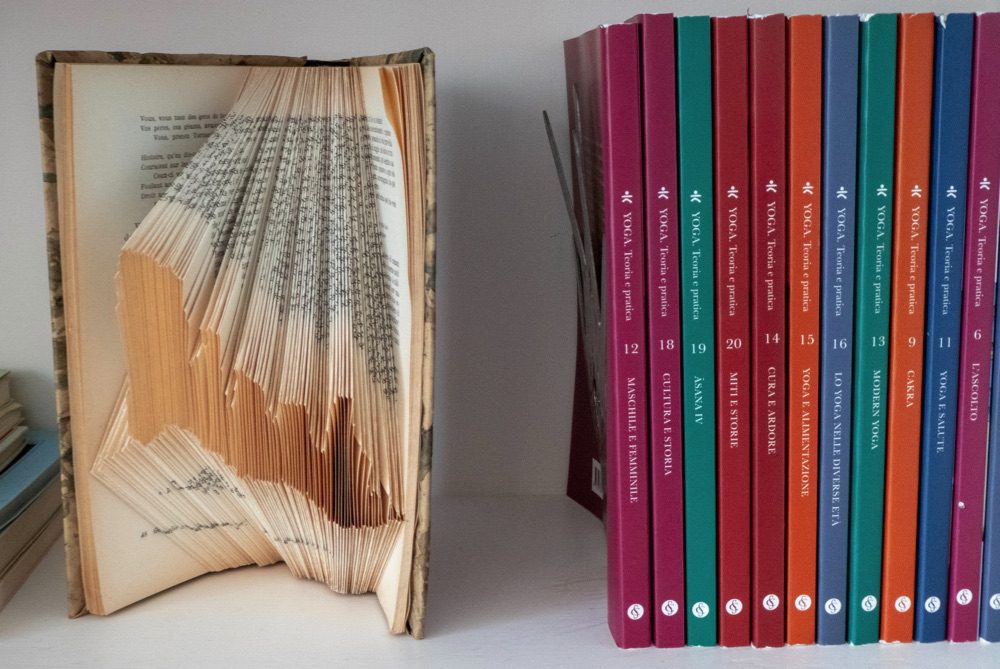
Crafty contents
If you can’t let books leave your home, then decorate it with them! When you see them as stacks of paper the possibilities are numerous: cover a feature wall, picture frame or furniture, stack and glue books to build a quirky side table, make a wreath, try book folding or even stash treasures inside a book safe. Pages with illustrations or photos can add a pop of colour and interest to your project.
Make a difference every day
Download the My Footprint app to discover more ways to reduce your environmental impact
More to explore
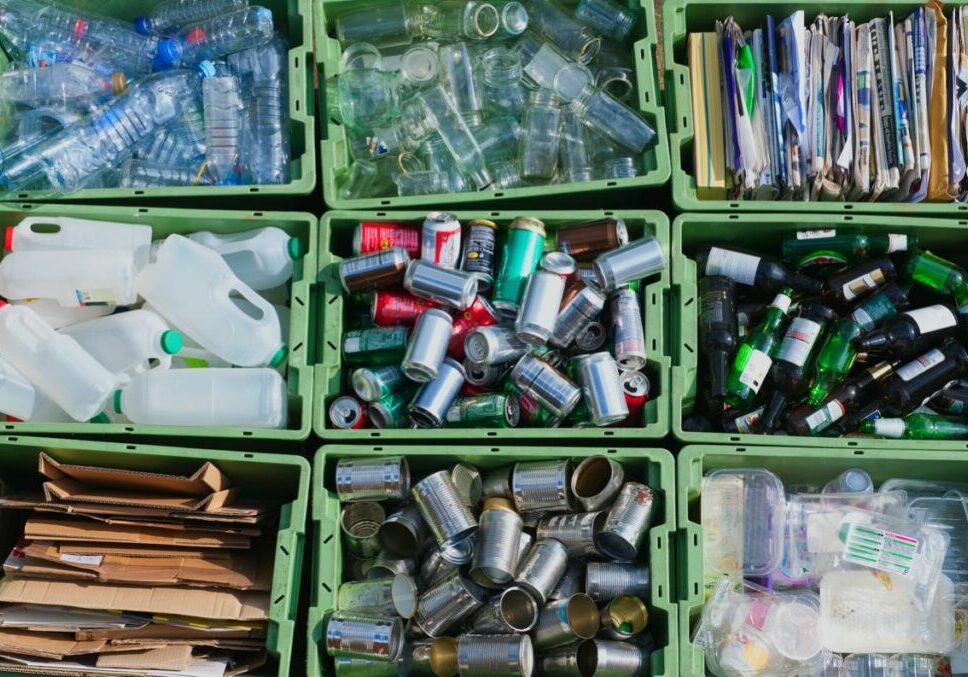
10 ways to wise up on waste
From smarter recycling to repairing and reusing what you own, our ideas will help you reduce your rubbish

